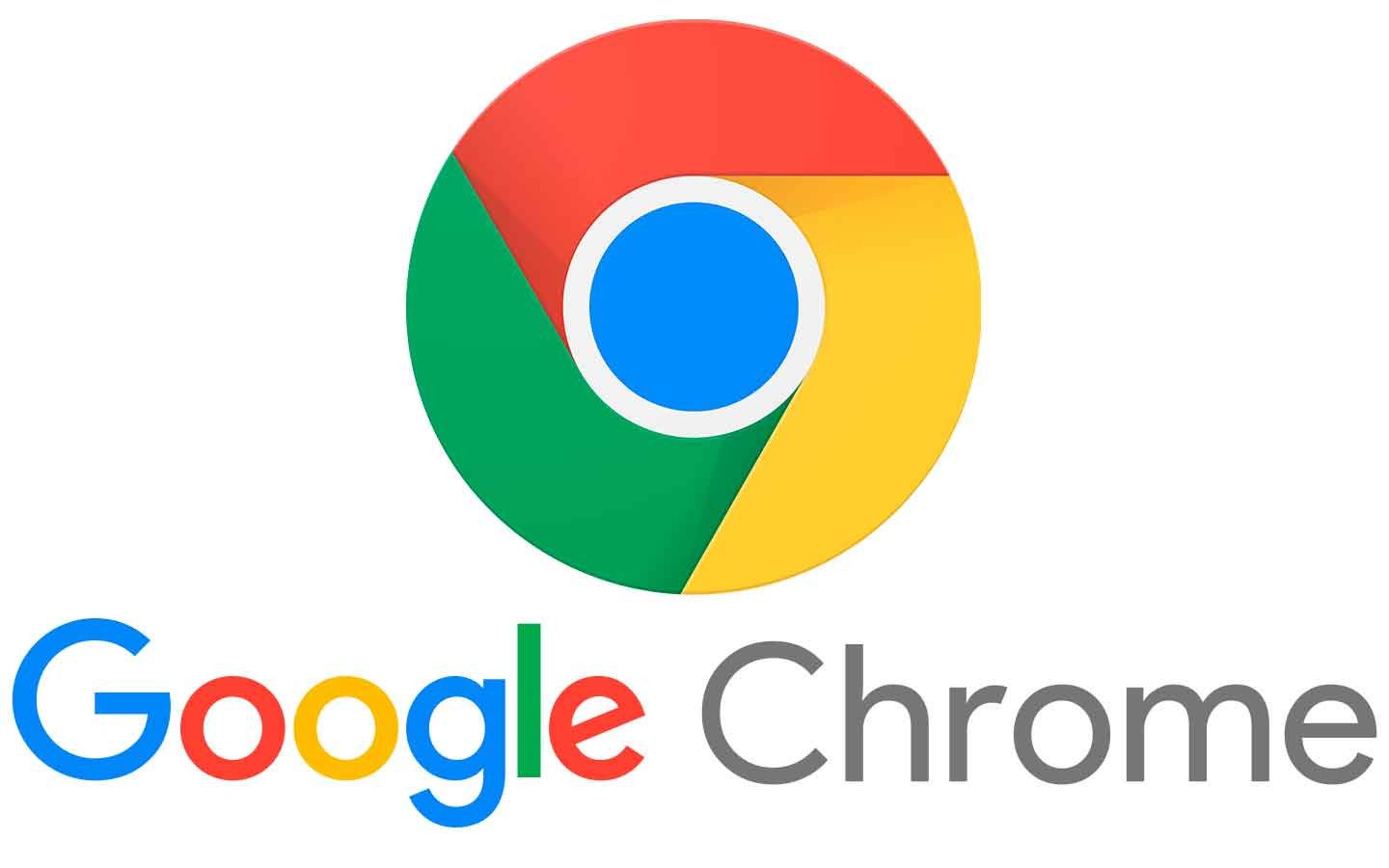Google has proposed an alternative to the US government’s demand to sell its Chrome browser, suggesting instead that a judge impose licensing restrictions to address antitrust concerns.
Background:
- In November, the US government asked a judge to order Google to sell its Chrome browser as part of a major antitrust crackdown.
- The US Department of Justice accused Google of exploiting its Android mobile operating system and making unfair deals for Google to be the default search engine on smartphones.
Google’s Counterproposal:
- Google filed a 12-page proposed order suggesting that the judge bar the company from requiring favorable distribution or treatment of its software on mobile devices as a condition of licensing popular apps like Chrome, Play, or Gemini.
- The proposal aims to address antitrust concerns without requiring the sale of the Chrome browser.
Implications:
- The case could have significant implications for the tech industry, with the potential to reshape the way companies like Google operate.
- The outcome may also depend on the incoming administration, with President-elect Donald Trump’s team potentially taking a different approach to antitrust regulation.
Next Steps:
- The case is ongoing, with Judge Amit Mehta expected to review Google’s proposal and make a ruling.
- Regardless of the outcome, Google is likely to appeal the decision, potentially leading to a lengthy and complex legal process.
Source: Vanguard





